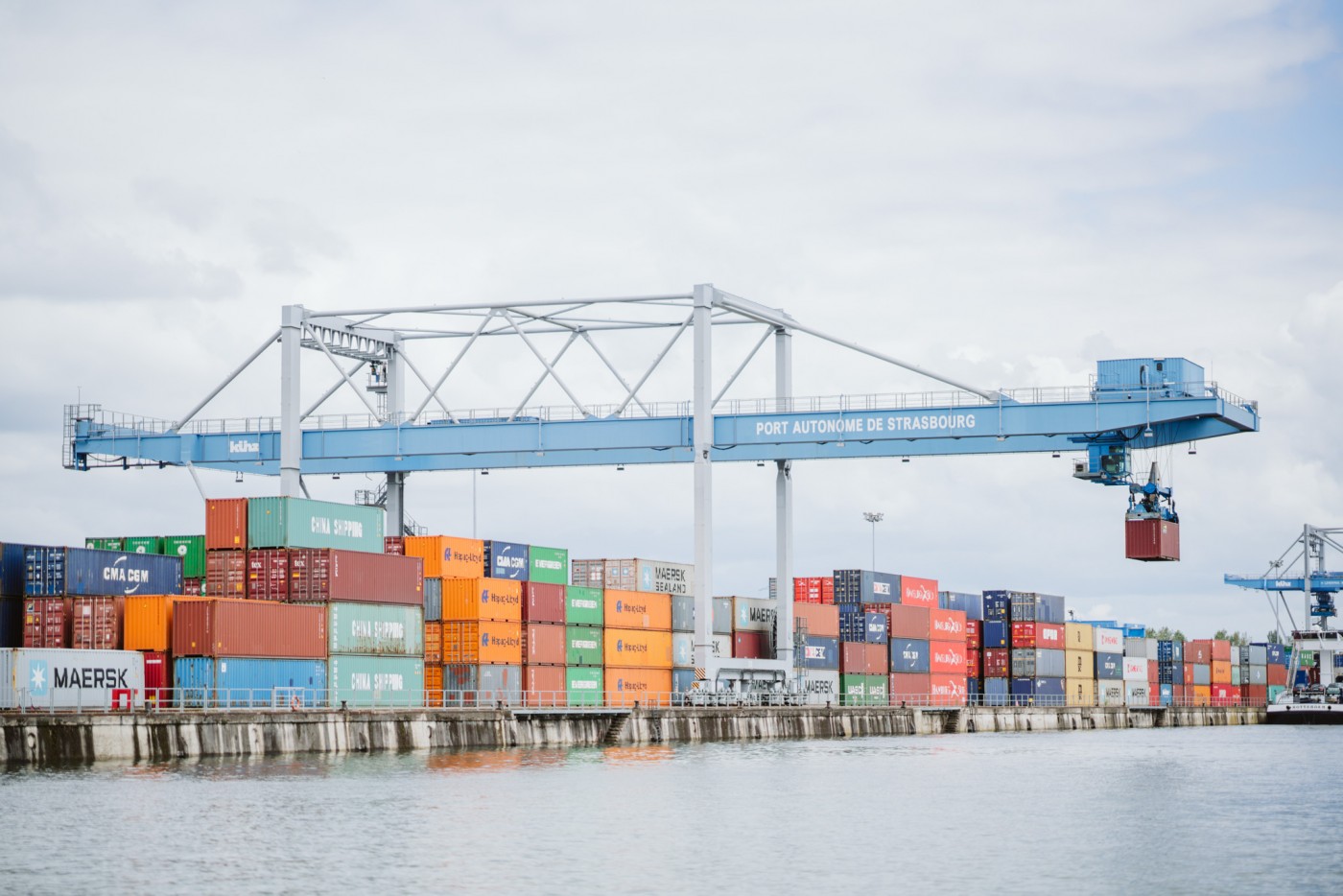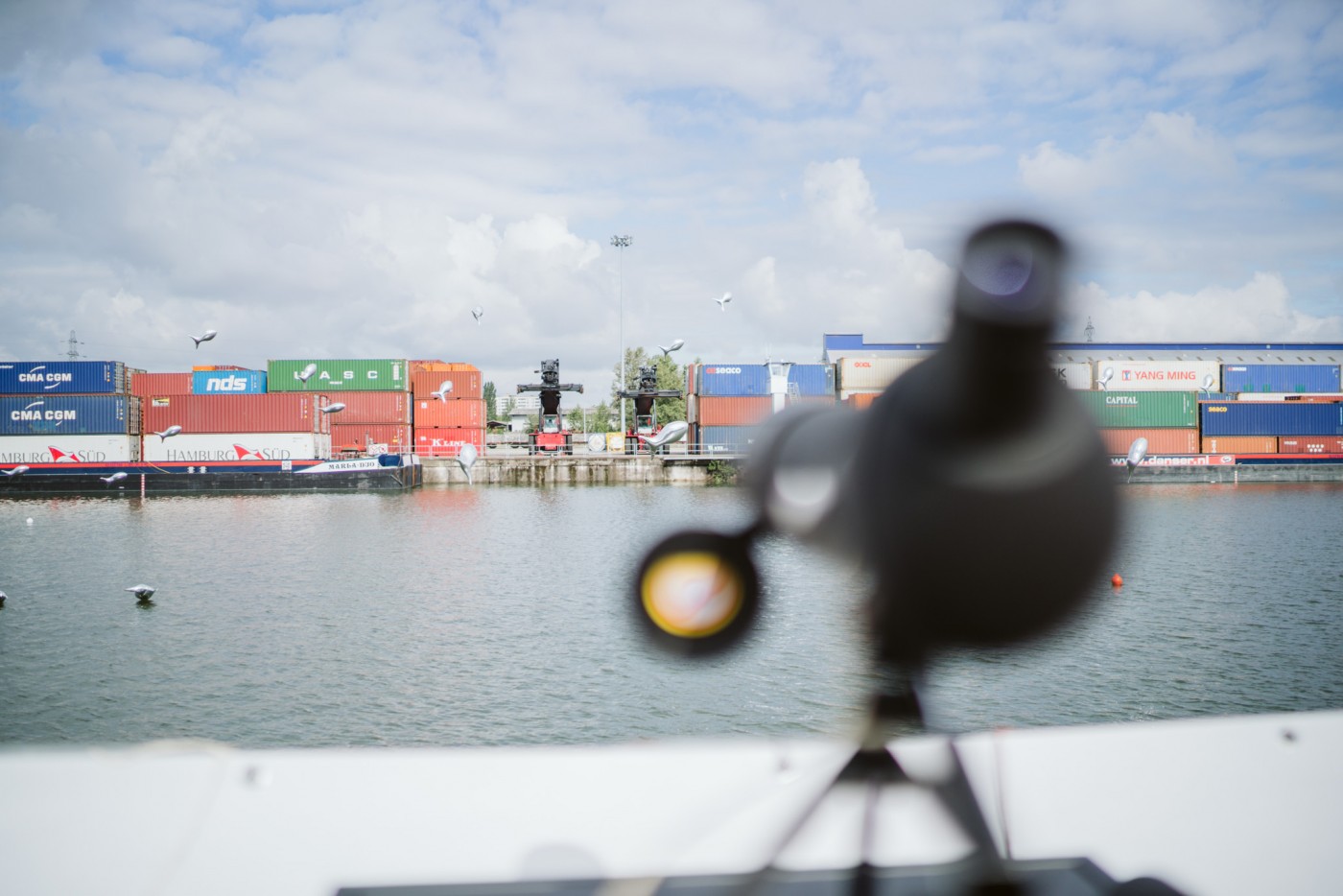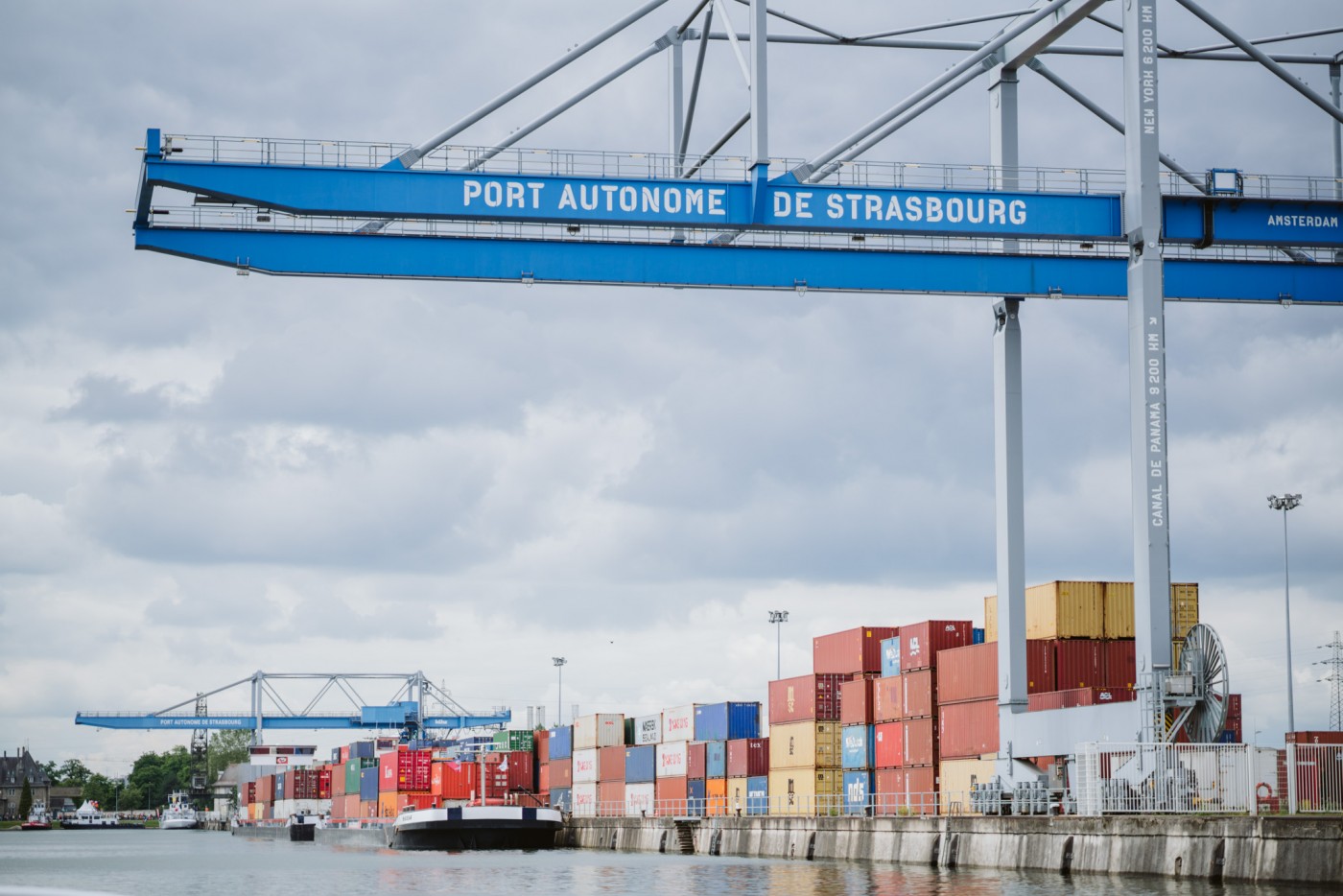18 October 2019
EFIP is celebrating this year its 25th Anniversary, which will take place on 23 October in Strasbourg. We thought it would be interesting to highlight cross-European cooperation of inland ports in this special edition of our port highlight.
European inland ports are focal points for cross-border trade. Cross-border cooperation between inland ports holds a lot of potential in this respect. How do you see cooperation with ports across borders?
The inland navigation is fundamentally international especially on the Rhine as every ship calls in at least two countries. Cross-border cooperation provides a better service to our clients. It is also a way to develop modal shift. Along the Rhine river, cross-border cooperation is a must-have.
 (c) Bartosch Salmanski
(c) Bartosch Salmanski
What is the greatest advantage or opportunity in cross-border cooperation between inland ports?
The cross-border cooperation between inland ports represents first of all a possibility to share relevant information on the IWT traffic. The Rhine Ports Information System (RPIS) which the 9 Upper Rhine Ports have developed since 2015 is a major example of this. By gathering our information, the ports of Switzerland, Weil-am-Rhein, Mulhouse-Rhin, Colmar-Neuf-Brisach, Strasbourg, Kehl, Karlsruhe, Mannheim and Ludwigshafen provide new services to inland navigation, such as quay reservation, voyage planning or customs declarations. The purpose of these services is to improve the logistic chain and cut costs in multimodal operations.
What is the largest obstacle to this cross-border cooperation?
The diversity of governance and culture in inland ports. For example, some ports believe it is their duty to work on modal shift, whereas others think it is up to the private sector to organise the conditions of modal shift. On the other hand, ports remain competitors, so it is sometimes difficult to build a climate of trust. It is a sort of co-competition!
 (c) Bartosch Salmanski
(c) Bartosch Salmanski
How do you think the cooperation between the ports of Strasbourg and Kehl can serve as an example for other inland port cooperation?
Since 1992, the ports of Strasbourg and Kehl have had representatives on each other’s boards. It is an inheritance of the past, but sharing board members is a very strong demonstration of the trust between the two ports, which can be seen on all levels of the port administration. This has given a positive framework to several cooperation projects such as the very intensive dialogue between the container terminals in Strasbourg and in Kehl, or the organisation of cross-border events in order to show port infrastructure to the public.
 (c) Bartosch Salmanski
(c) Bartosch Salmanski
How do you see EFIP supporting the cooperation between European Inland Ports?
EFIP’s role is to represent inland ports at the European level. Through EFIP events and papers, inland ports can meet each other and realise they share a lot of common issues, and maybe find solutions from another port. In this role, EFIP supports cooperation via the moderation of discussions between ports on actual topics, information about initiatives and cooperation on port level and financing opportunities that can be a trigger for a cooperation project.
Related documents
No attachments.